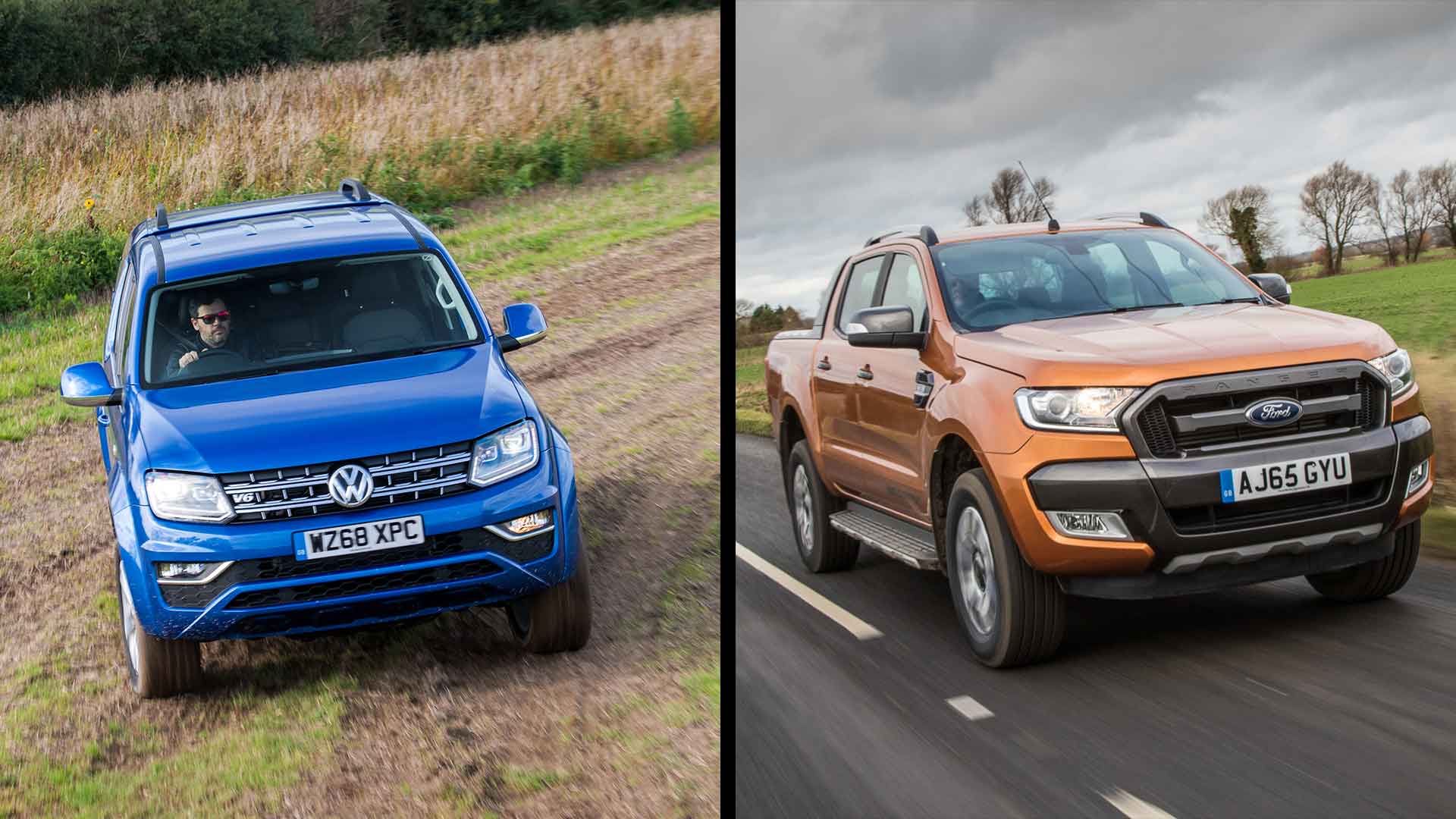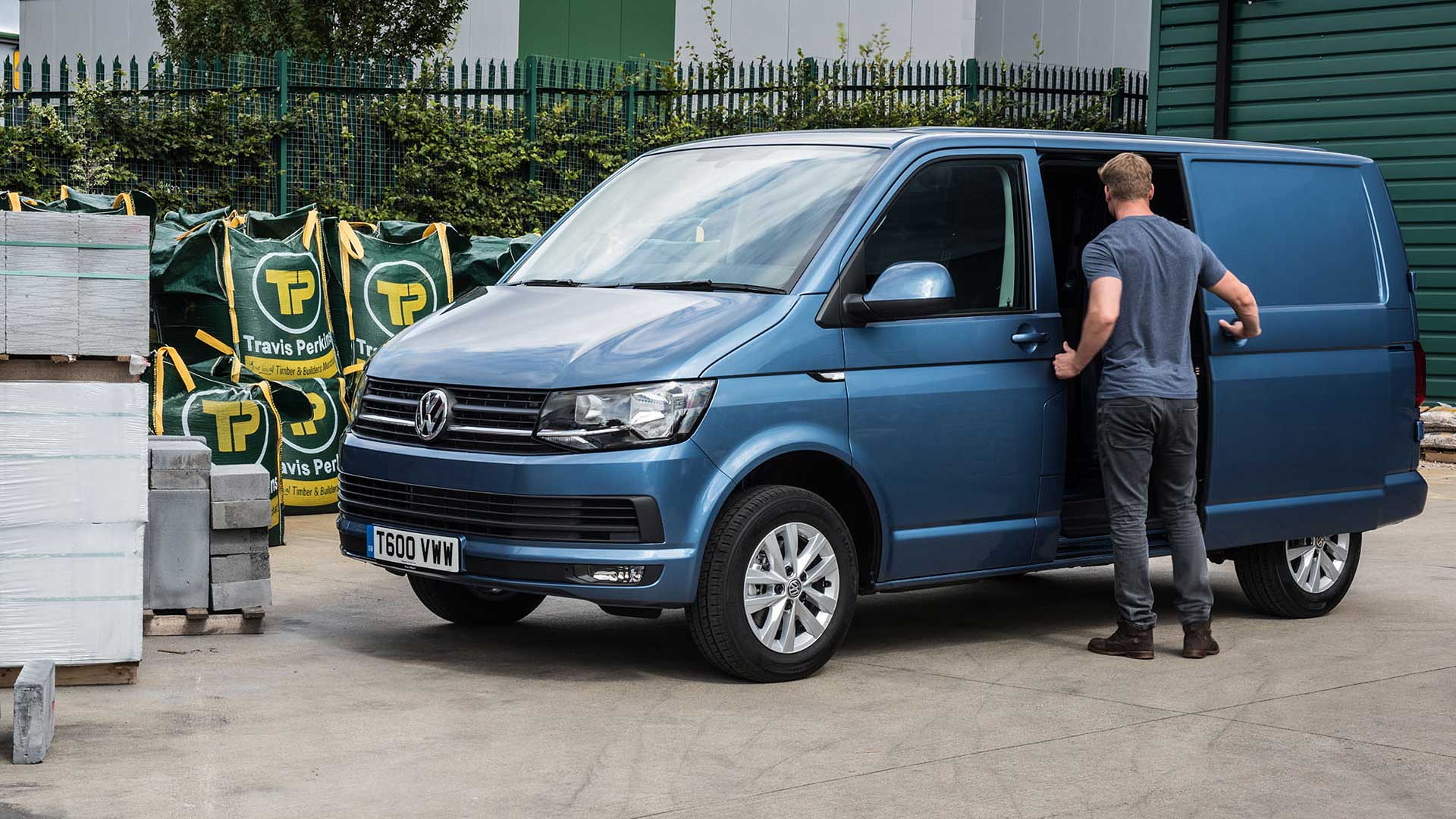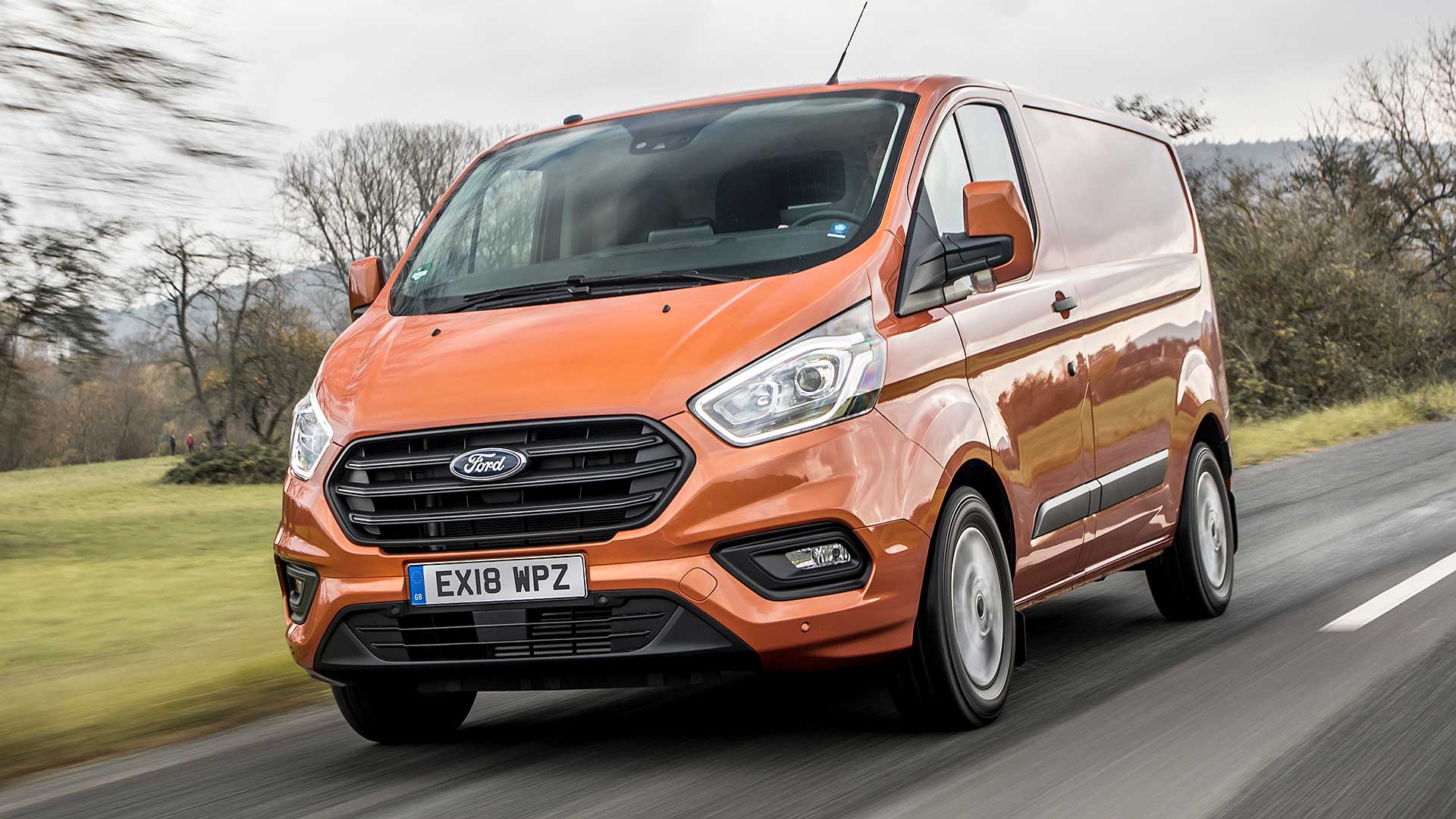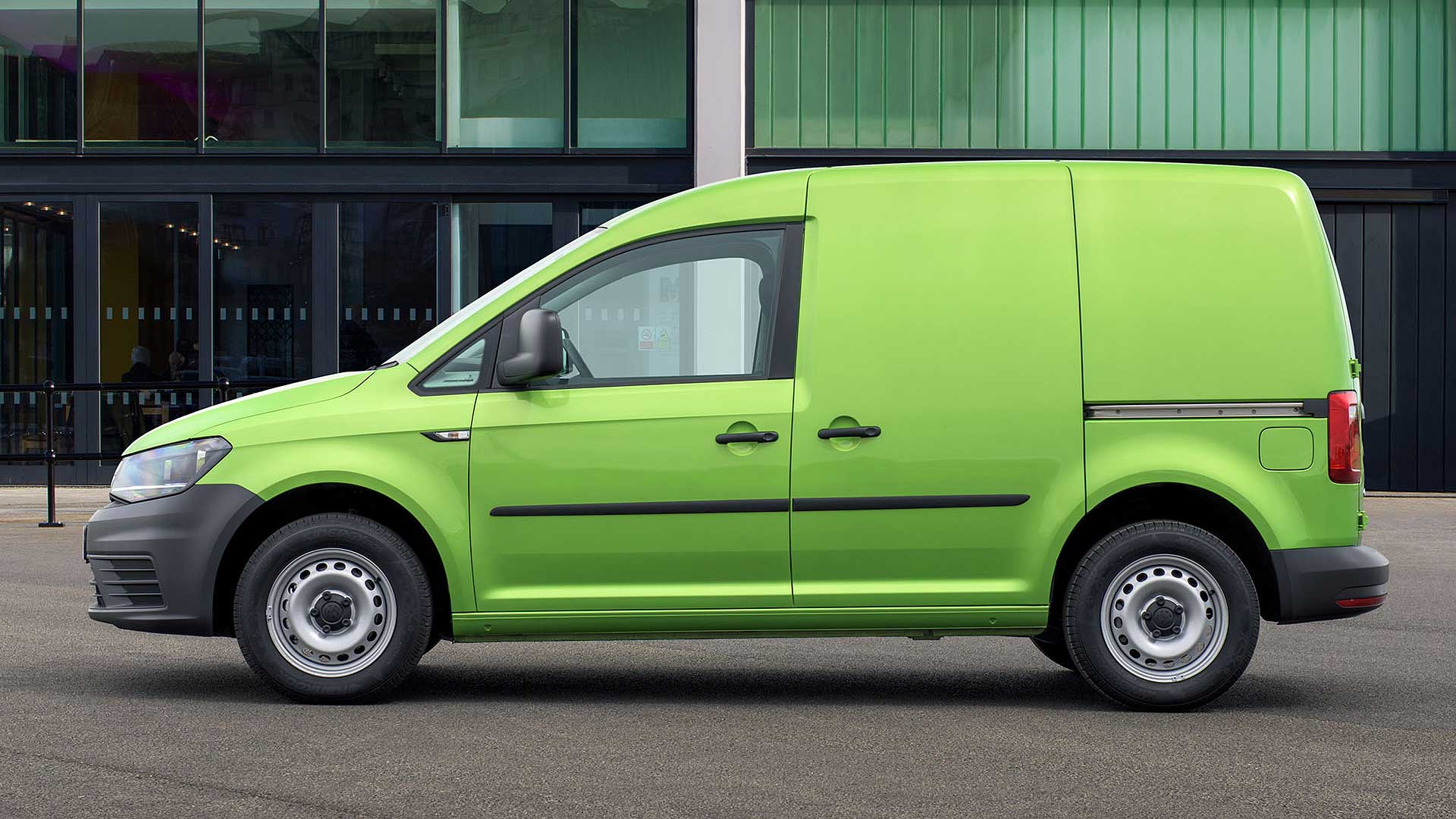 Volkswagen and Ford have announced a global alliance that will lead to the introduction of a new dual-brand pick-up truck in 2022, quickly followed by a commercial van partnership.
Volkswagen and Ford have announced a global alliance that will lead to the introduction of a new dual-brand pick-up truck in 2022, quickly followed by a commercial van partnership.
The two automotive giants have also committed to explore potential collaborations on electric cars, along with autonomous vehicles and mobility services. Future vehicle collaborations may thus be announced in the future – potentially in a matter of months.
- Nissan chairman Carlos Ghosn ARRESTED for misconduct
- Volkswagen bosses will now be rewarded for ‘honourable behaviour’
- Official: Ford CEO Mark Fields replaced by Jim Hackett
Both companies stressed it is purely an alliance; there is no cross-ownership between the two firms. Savings from the alliance are expected from 2023.

“Over time, this alliance will help both companies create value and meet the needs of our customers and society,” Ford CEO Jim Hackett said.
“It will not only drive significant efficiencies and help both companies improve their fitness, but also gives us the opportunity to collaborate on shaping the next era of mobility.”
Volkswagen CEO Dr. Herbert Diess said: “Volkswagen and Ford will harness our collective resources, innovation capabilities and complementary market positions to even better serve millions of customers around the world.
“At the same time, the alliance will be a cornerstone for our drive to improve competitiveness.”
British boon?

Both the Ford Ranger and Volkswagen Amarok pick-ups will be due for replacement around 2022, which is why the first stage of the alliance is timely.
The next step, to develop replacements for the Ford Transit and Volkswagen Transporter, could be a boon for British automotive. In the announcement, it was confirmed Ford will take the lead to build new large commercial vans for European customers.

Volkswagen, in turn, will develop a city van for the two firms, replacing the current Volkswagen Caddy (above) and Ford Transit Connect.
The alliance will enable the companies to share development costs, leverage their respective manufacturing capacity, boost the capability and competitiveness of their vehicles and deliver cost efficiencies, while maintaining distinct brand characteristics.